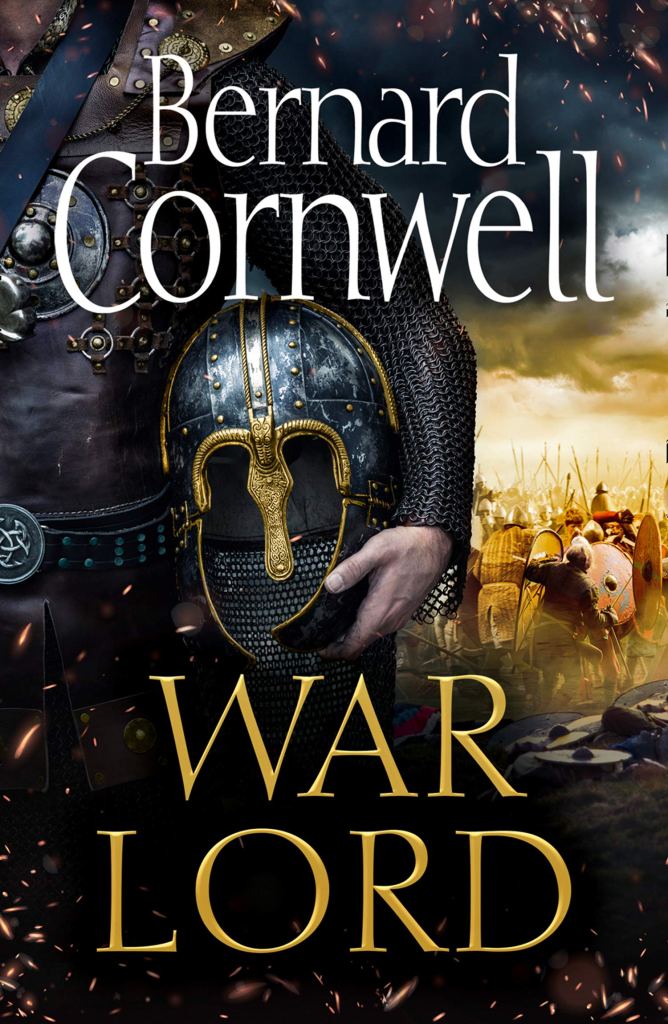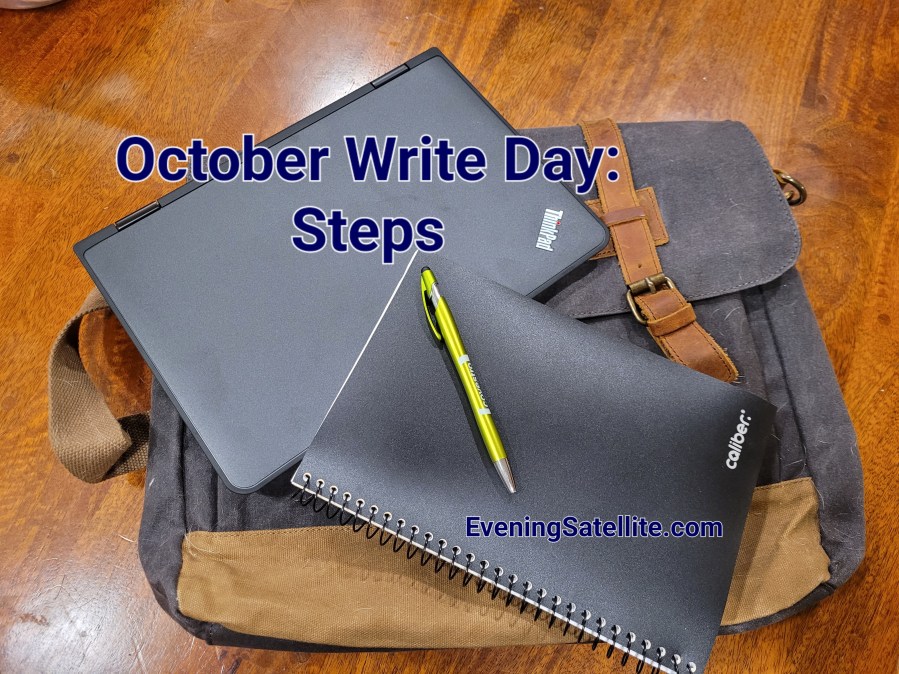
This post is not a real book review, at least, not entirely. I just finished listening to Four Lost Cities: A Secret History of the Urban Age by Annalee Newitz, and it got me thinking and rethinking the way I design and evolve cities in my fantasy universe.
A running theme in my world-building — and one of my pervading interests in history and anthropology — touches on the rise and fall of cities and civilizations. For years, I had the reductionist viewpoint that great cities rose and fell in linear patterns, and with clear markers for their demise.
When I learned that the far more common pattern is for cities (or civilizations) decay for years or decades or centuries before fading from prominence, I wanted to explore that in my storytelling.
Four Lost Cities provides a really interesting investigation into the formation and decline of cities across human history. Newitz uses archeological evidence to make the case that the evolution and dissolution of cities is not a linear path, that the very definition of a “city” and its growth are defined more by socio-cultural forces of its time than by rigid and often arbitrary models based solely on commerce.
What would this look like in a setting of my making? Would I be able to capture the uncertain rise and long decay of a city or a people in character-centric stories?
My current work-in-progress, the duology I’ve been referring to as The Herb Witch Tales, spawned from this theme. Before I knew who my characters were, I wanted to explore a city’s evolution from small port town, to sprawling tent camp of migrant settlers, to developed population center.
The story developed from the idea of the city, and I found characters to fit that initial blueprint. The duology is now much more grounded than that much broader idea, but I’ve tried to pay particular attention to the ways in which the characters perceive and interact with place — the places they’ve lost, left, or found.
Although The Herb Witch Tales is currently a duology, I can easily imagine future stories where the growth of this family is inextricably tied with the growth of the place they come to call home.
So, I must recommend Four Lost Cities, because it is informative, thought-provoking, and inspiring in a world-building kind of way.
Steve D









